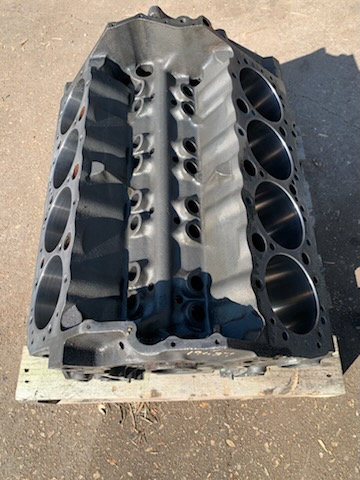
The Benefits of Using Citric Acid for Corrosion Removal on Engine Components
When it comes to maintaining engine components, corrosion is one of the biggest challenges. Over time, exposure to moisture, heat, and contaminants can cause metal parts to oxidise, weakening performance and shortening the lifespan of critical machinery. Traditionally, harsh acids or mechanical methods have been used to remove rust and scale—but these options can be costly, hazardous, or damaging to the components themselves.
An increasingly popular and effective alternative is citric acid, a safe and versatile organic acid with excellent corrosion-removal properties.
Why Citric Acid?
Citric acid is a naturally occurring compound found in citrus fruits. In industrial applications, it is produced in crystalline form and used across the food, pharmaceutical, cleaning, and water treatment industries. For metal treatment and corrosion removal, citric acid offers several key advantages:
1. Gentle Yet Effective Cleaning
Unlike stronger mineral acids such as hydrochloric or sulfuric acid, citric acid is mild and far less aggressive toward base metals. It effectively dissolves rust, scale, and oxide layers without excessive pitting or damage to the underlying component.
2. Safe to Handle
Citric acid is classified as a weak organic acid, making it much safer for personnel to handle compared to harsher chemicals. With the right safety procedures—such as wearing gloves, eye protection, and ensuring adequate ventilation—it presents significantly lower risks to workers.
3. Environmentally Friendly
Citric acid is biodegradable and poses minimal impact on the environment. Unlike traditional acids, it does not produce toxic fumes or hazardous by-products, making disposal easier and safer.
4. Restores Metal Surfaces
Citric acid is highly effective at removing iron oxide (rust) layers while leaving the base metal intact. Once cleaned, engine components regain a smooth, bright finish, making them easier to inspect and ready for further protective treatments.
5. Cost-Effective
Because it is widely available and used across multiple industries, citric acid is an economical option for corrosion removal. Its versatility also allows businesses to stock it for various cleaning, descaling, and water treatment purposes.
Applications in Engine Maintenance
In the automotive and industrial sectors, citric acid has proven to be a valuable solution for:
- Cleaning engine blocks and heads – removing rust and scale from water jackets and cooling passages.
- Restoring fuel system parts – eliminating corrosion from injectors, pumps, and carburettor components.
- Descaling heat exchangers and radiators – dissolving mineral deposits and rust buildup without damaging the metal.
- Preparing parts for protective coatings – ensuring clean surfaces for paints, lubricants, or anti-rust treatments.
How to Use Citric Acid for Corrosion Removal
A typical process involves preparing a warm aqueous solution of citric acid and submerging the affected component. Depending on the level of corrosion, soaking can range from several hours to overnight. After treatment, the component is rinsed thoroughly with clean water and dried to prevent flash rusting.
For heavily corroded parts, agitation or repeated applications may be required. Always follow chemical handling guidelines and consult with your supplier for the correct concentration and process suited to your application.


Conclusion
Citric acid is a practical, safe, and eco-friendly solution for removing corrosion from engine components. Its effectiveness, combined with ease of handling and environmental benefits, makes it an excellent choice for industries and workshops seeking better maintenance outcomes.
If you’re looking for a reliable supply of high-quality citric acid for your corrosion removal or cleaning needs, contact us today. Our team can provide tailored advice and the right product for your applications.
